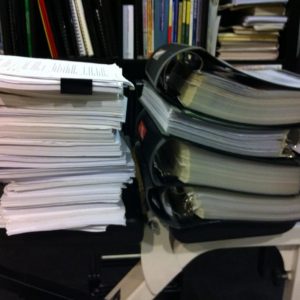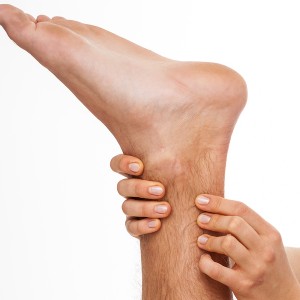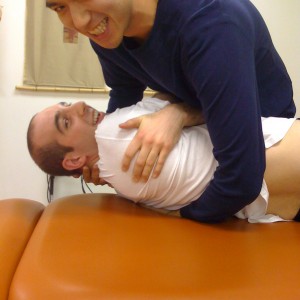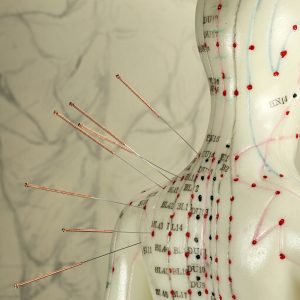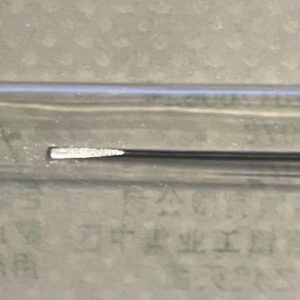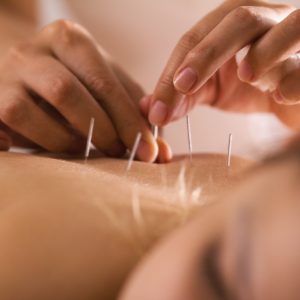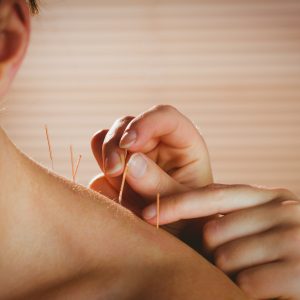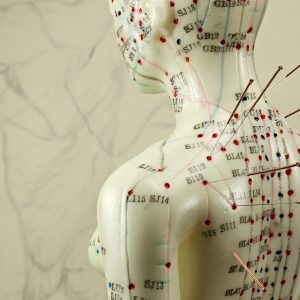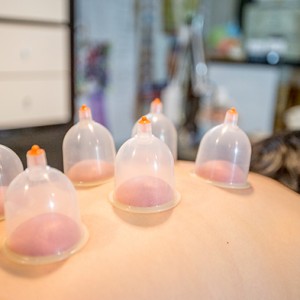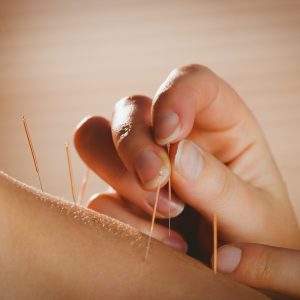To become an acupuncturist, you typically need to complete a formal education program and obtain licensure or certification in your province. Here are the general steps to become an acupuncturist: Obtain a high school diploma or equivalent: Before you can apply for an acupuncture program, you typically need to have a high school diploma or equivalent. Complete a formal education program: You will need to complete an acupuncture program at an accredited school or college of acupuncture. These programs typically take 3-4 years to complete and include courses in acupuncture, Chinese herbal medicine, anatomy and physiology, and other related topics. Complete clinical training: Most acupuncture programs also require clinical training, where you will work with patients under the supervision of a licensed acupuncturist. Pass licensing or certification exams: In most states or provinces, you will need to pass licensing or certification exams in order to become a licensed or certified […]

